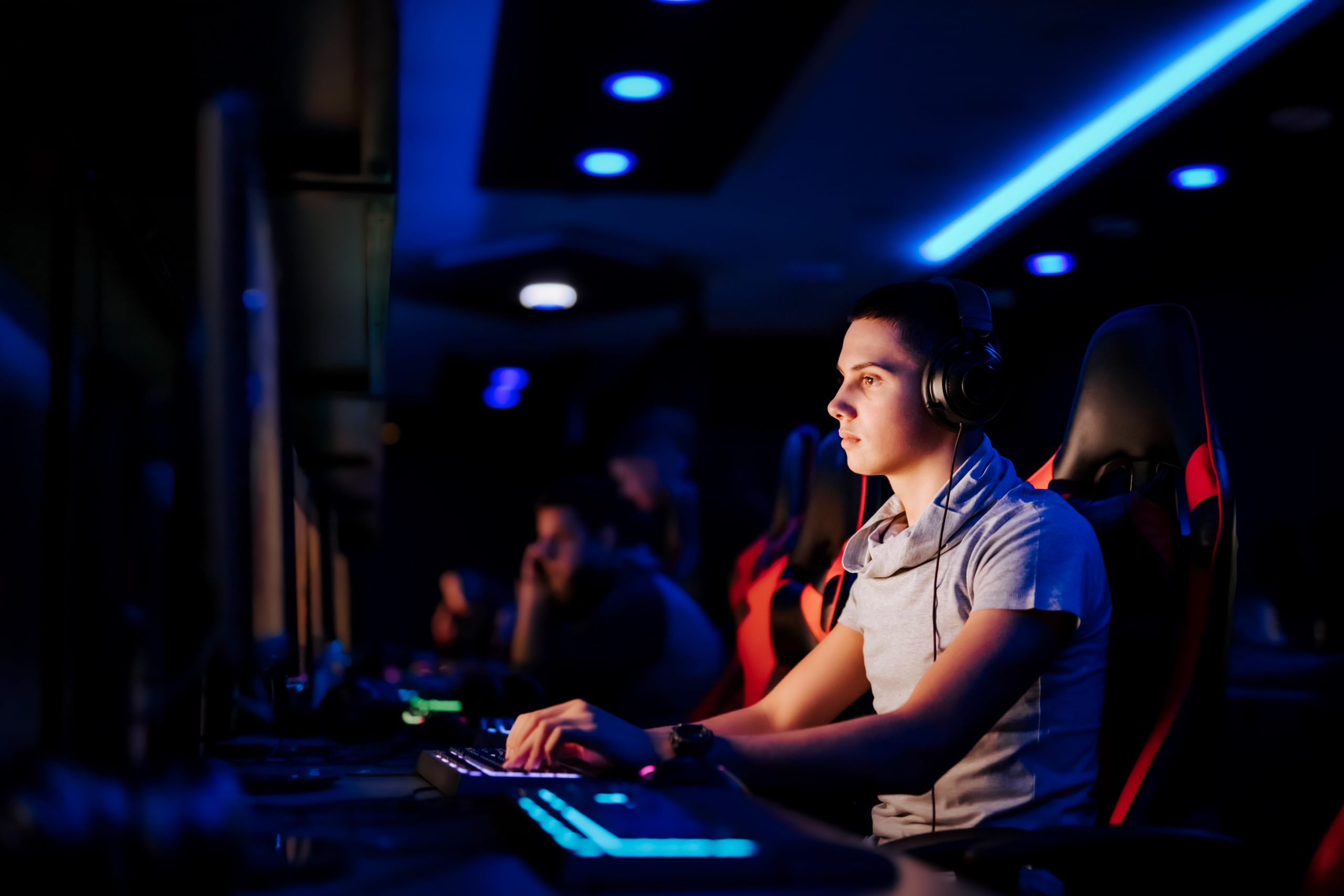The impact of online games on students is both positive and negative. On the positive side, online gaming can improve a student’s problem-solving and strategic thinking skills. Gaming can also help students develop teamwork skills and learn to cooperate with others. On the negative side, online gaming can lead to addiction and social isolation. It can also negatively impact a student’s grades and school performance.
The positive impact of online gaming on students has been well documented. A study by the University of Washington found that playing online games can help improve a student’s problem-solving and strategic thinking skills. The study found that students who played online games were better able to solve complex problems than those who didn’t play games. Another study, by the University of Rochester, found that gaming can help students develop teamwork skills and learn to cooperate with others. The study found that students who played online games were more likely to cooperate with others and work together to solve problems.
The negative impact of online gaming on students has also been well documented. A study by the American Psychiatric Association found that playing online games can lead to addiction and social isolation. The study found that students who played online games were more likely to suffer from social anxiety and depression. Another study, by the National Institute on Media and the Family, found that online gaming can negatively impact a student’s grades and school performance. The study found that students who played online games were more likely to get lower grades and miss more days of school.
Effects of Online Games on Students
It’s no secret that online gaming is becoming increasingly popular among students. In fact, a recent study showed that 65% of American teenagers play video games regularly. But what are the effects of online gaming on students? Let’s take a look.
There are both positive and negative effects of online gaming on students. On the positive side, online gaming can help students develop important skills such as problem solving, strategic thinking, and teamwork. Additionally, gaming can be a great way for students to relax and unwind after a long day of classes.
On the negative side, too much gaming can lead to problems such as poor grades, social isolation, and addiction. Additionally, some violent games can desensitize students to violence and teach them to resolve conflicts through aggression.
So what’s the bottom line? Online gaming can be beneficial for students if it’s used in moderation and if the games are age-appropriate. However, parents need to be aware of the potential risks and monitor their child’s gaming habits.
Best Online Games for Students
There are a lot of great online games out there that can help students learn and have fun at the same time. Here are some of our favorites:
1. Quizlet Live: This game lets you test your knowledge on any subject matter by playing against others in a live, multiplayer quiz game.
2. Kahoot!: This game is similar to Quizlet Live, but with a focus on trivia-based questions.
3. GeoGebra: This game is a great way for students to learn about geometry and algebra.
4. CodeCombat: This game teaches students how to code in various programming languages.
5. Chess: This classic game can help students learn strategic thinking and planning skills.
6. Scrabble: This classic word game can help students improve their vocabulary and spelling skills.
7. Sudoku: This puzzle game can help students improve their logic and problem-solving skills.
8. Crosswords: This classic puzzle game can help students improve their vocabulary and spelling skills.
9. Word Ladder: This word game challenges students to make a new word using each letter from the previous word.
10. Hangman: This classic guessing game can help students improve their vocabulary and spelling skills.

